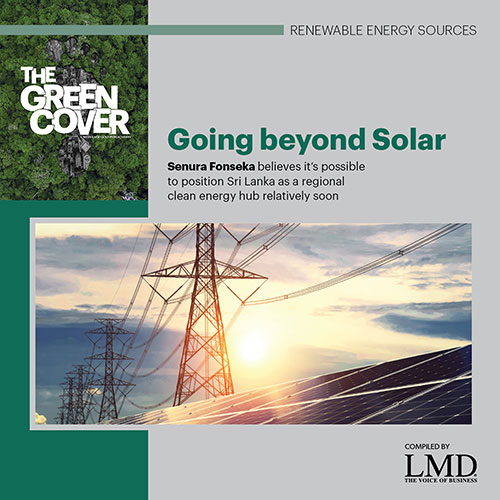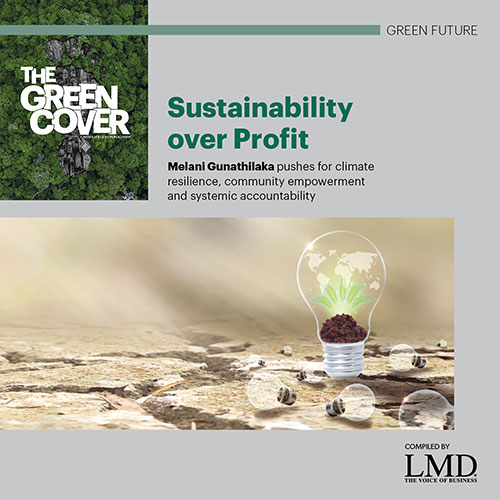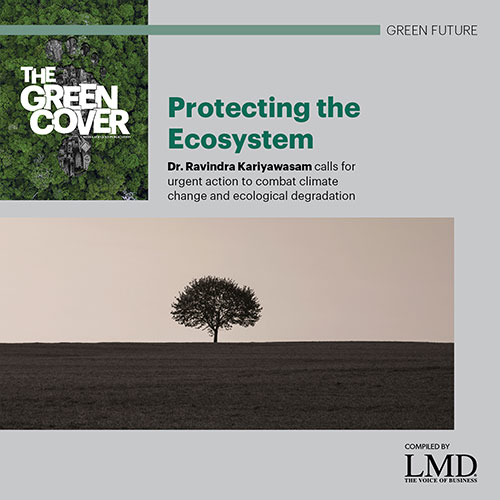ECONOMIC UPLIFTMENT
Nascent Startup Ecosystem
Eyas Fazul discusses the importance of providing sustainable and alternative stimuli for entrepreneurs
“Since transportation is responsible for roughly a quarter of all greenhouse gas emissions, it’s a key component in the fight against environmental sustainability. The answer is electric mobility, which has the ability to lessen the stress on the dwindling fuel supply and so developing nations could theoretically be spending less money on fuel,” asserts the founder of RHODA Eyas Fazul.
Due to their relatively low costs of fuel and maintenance, low speed two wheeler electric vehicles especially, have the potential to capture a sizeable portion of the urban motor vehicle ecosystem and help decrease the country’s reliance on automobiles. Their ease of manufacture will also increase people’s access to transportation while strengthening manufacturing sectors.
On the role of innovation in sustainable economic upliftment, he states: “In a knowledge-based society, innovation is the engine that drives progress, which subsequently benefits consumers, businesses and ultimately, the economy as a whole. Entrepreneurship is the only way to propel the economic growth of developing countries. Disrupt the economy and force it to evolve, taking technology one – sometimes several – steps higher.”
Fazul contends: “A small startup idea today, can turn into an innovative solution that changes the future of the nation, tomorrow.”
A startup’s survival and continuity is determined by highly ambitious and determined entrepreneurs who find and realise promising business opportunities in the areas no one has explored before. This leads to reduced unemployment rates, wealth creation, upgraded standards of living, promotion of R&D, and an improved GDP.
“Our country boasts a wealth of readily available international talent with excellent expertise in their respective domains. However, given the innate challenges and risk factors present when launching a new product or service to the market, many innovative startup ideas don’t get to see the light of day,” Fazul notes.
“As entrepreneurs don’t start out with enough working capital most times, lack of access to finance – with higher transaction costs and higher premiums – is the biggest hurdle faced by startups and other small enterprises. When compared to larger companies, SMEs may find it more challenging to raise capital since they have less access to conventional sources of funding like banks and other financial organisations,” he reveals.
Fazul believes that facilitating an environment that’s conducive to ambitious innovative entrepreneurship will create diverse opportunities for enterprises, and employment in the country and strengthen the economy.
“Facilitating an environment that’s conducive to ambitious innovative entrepreneurship will create diverse oppor-tunities for enterprises and employment







